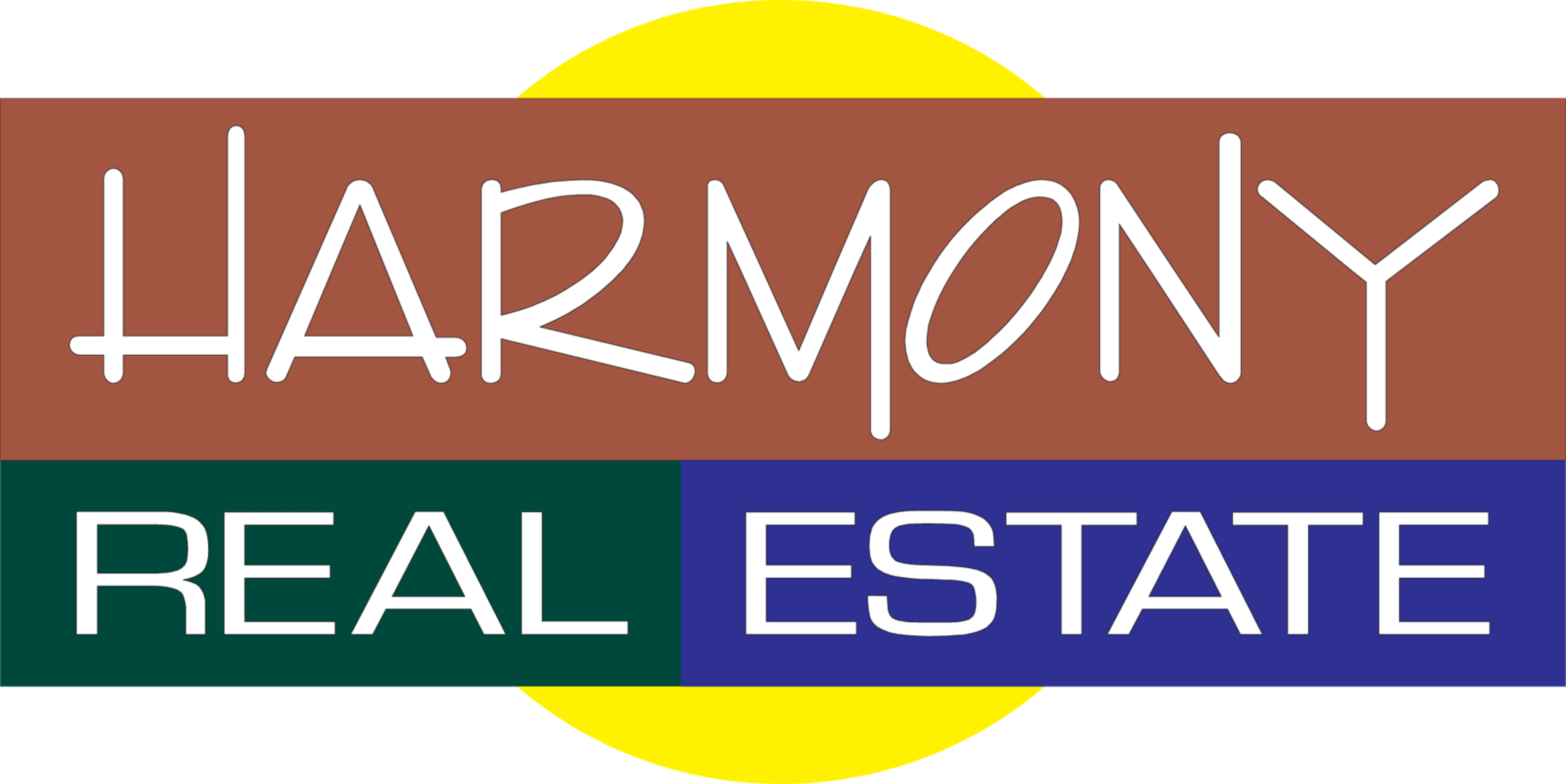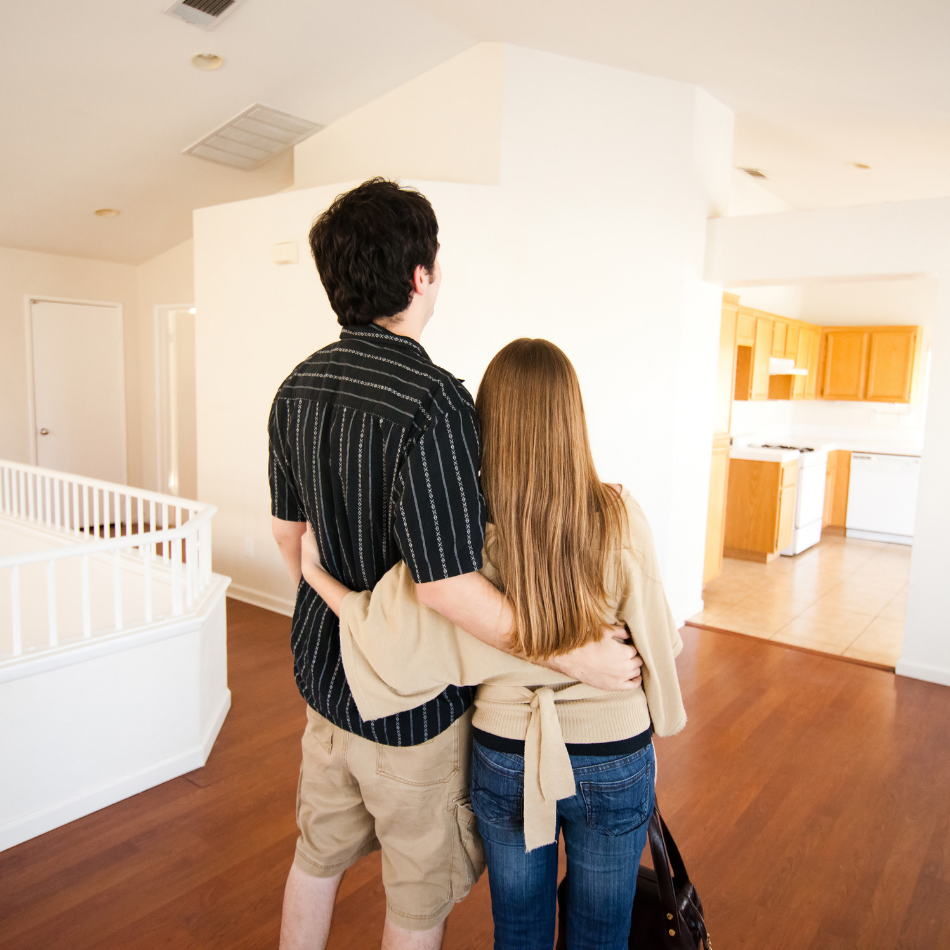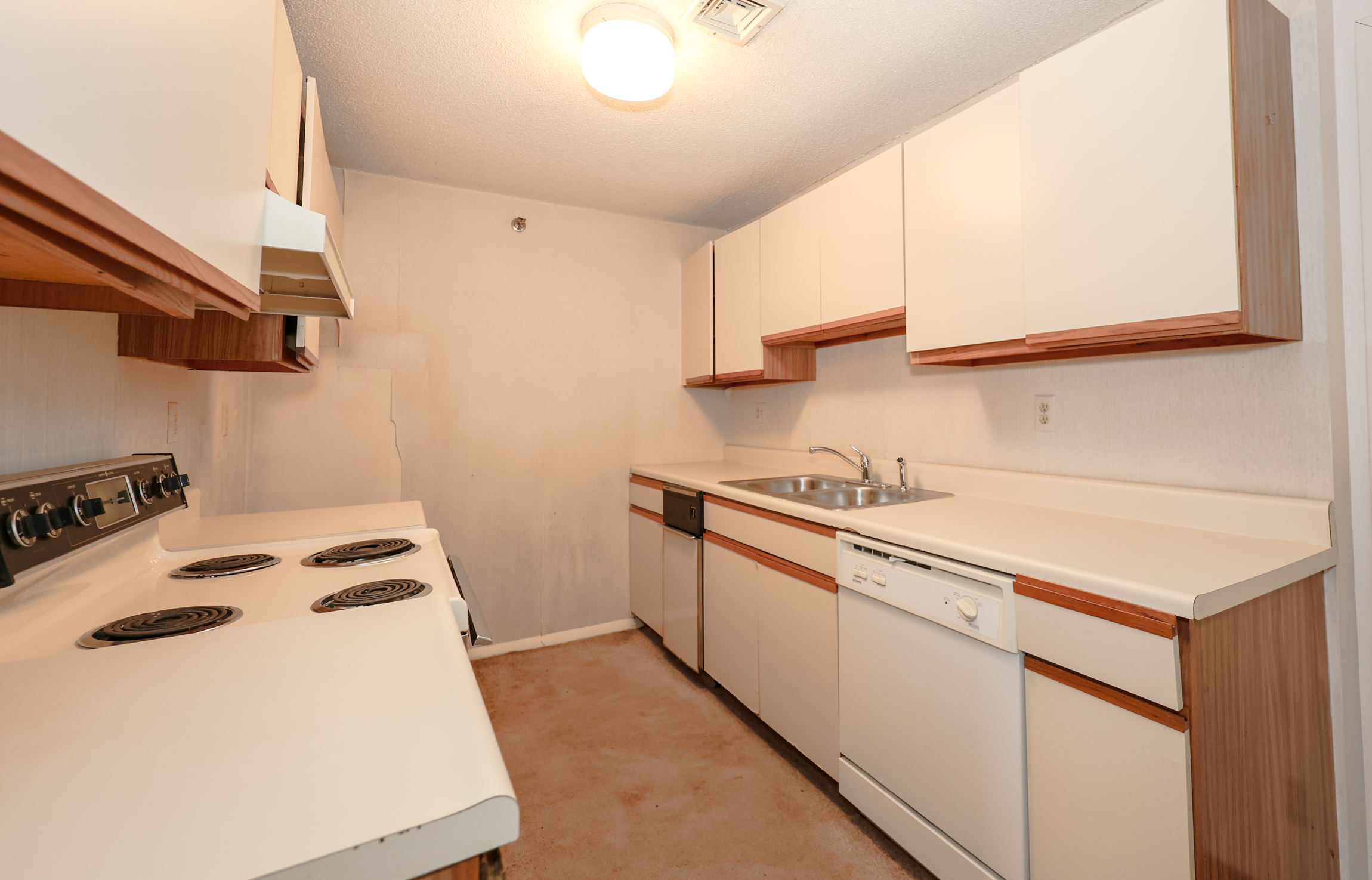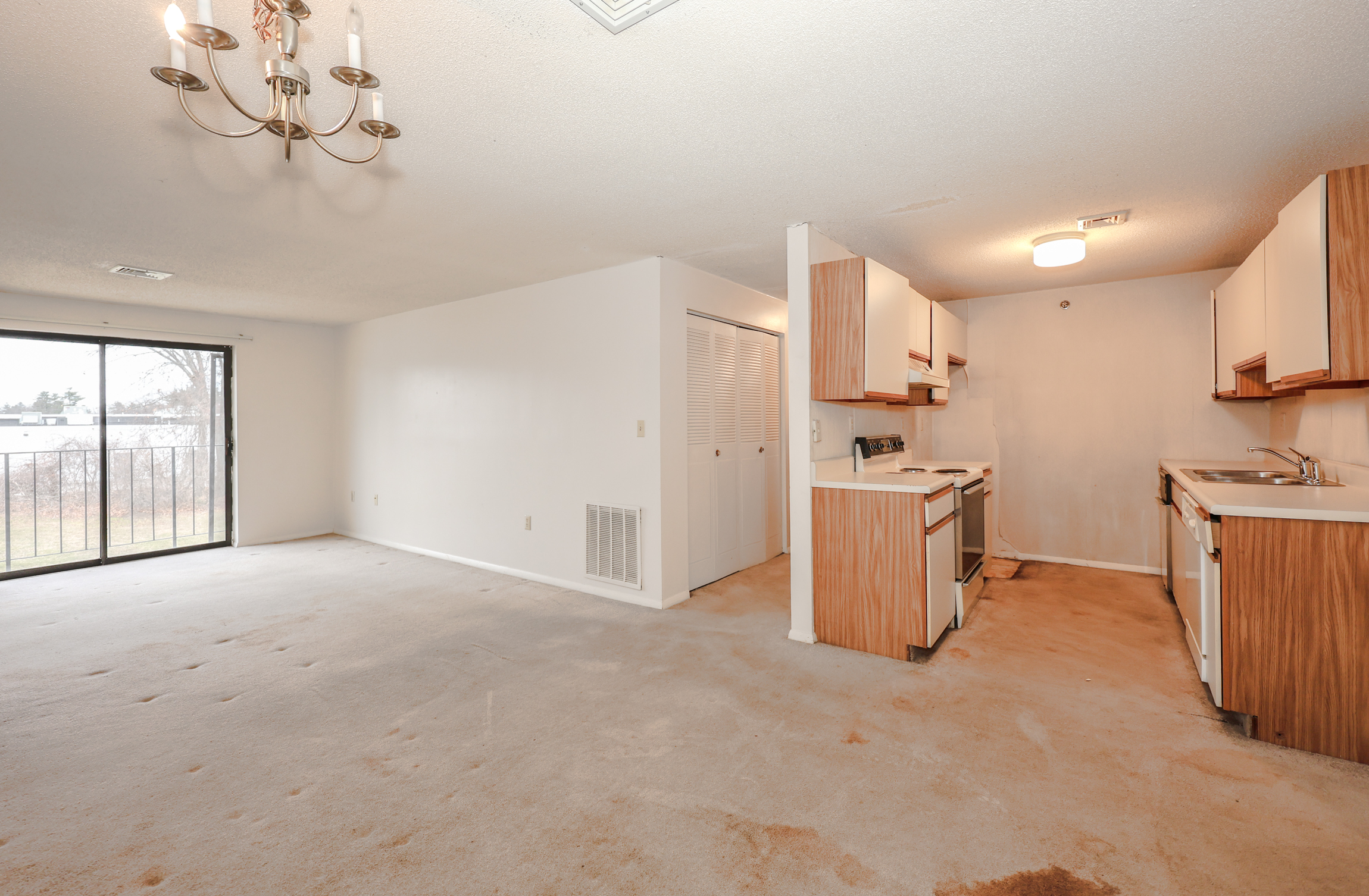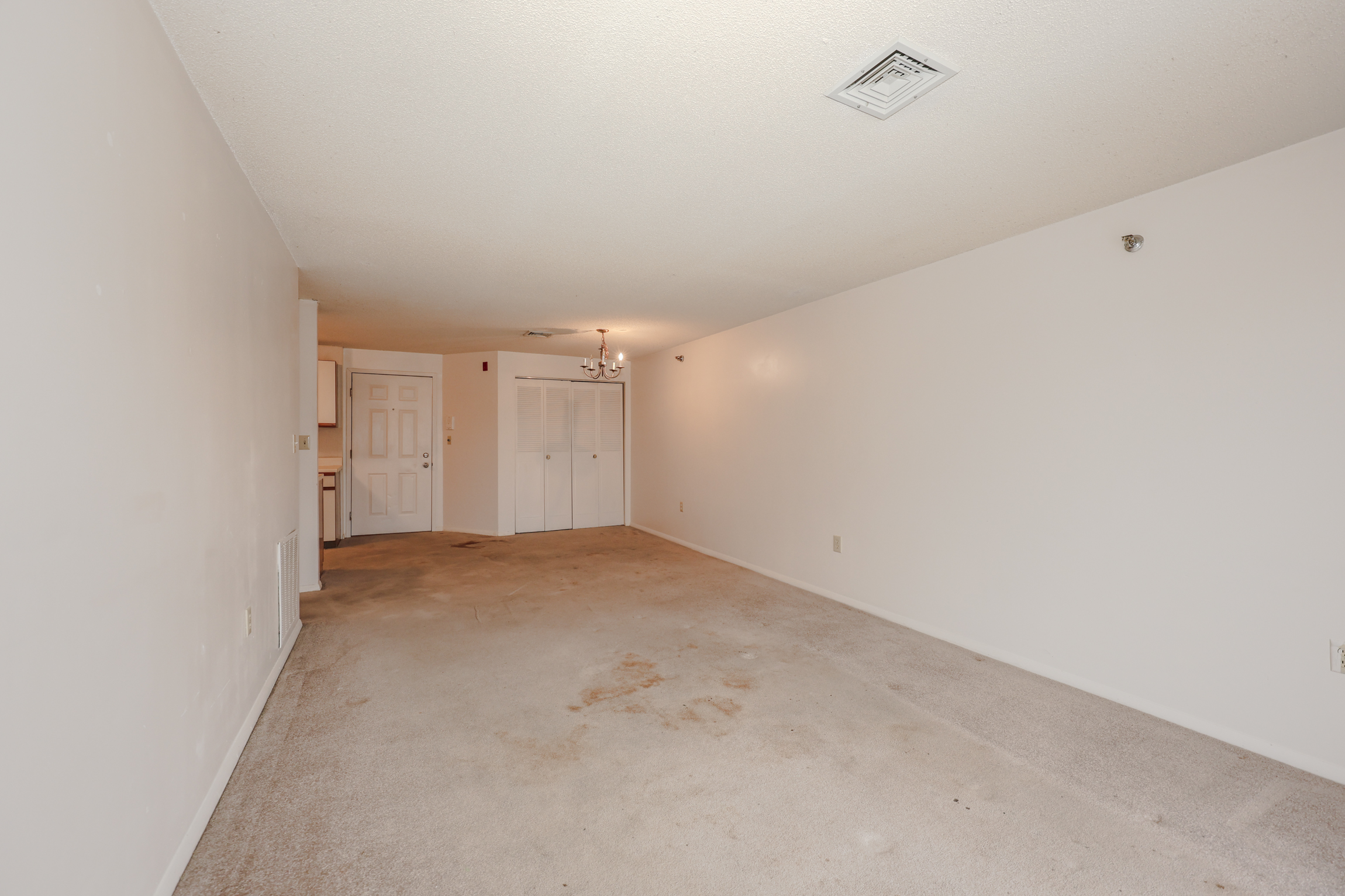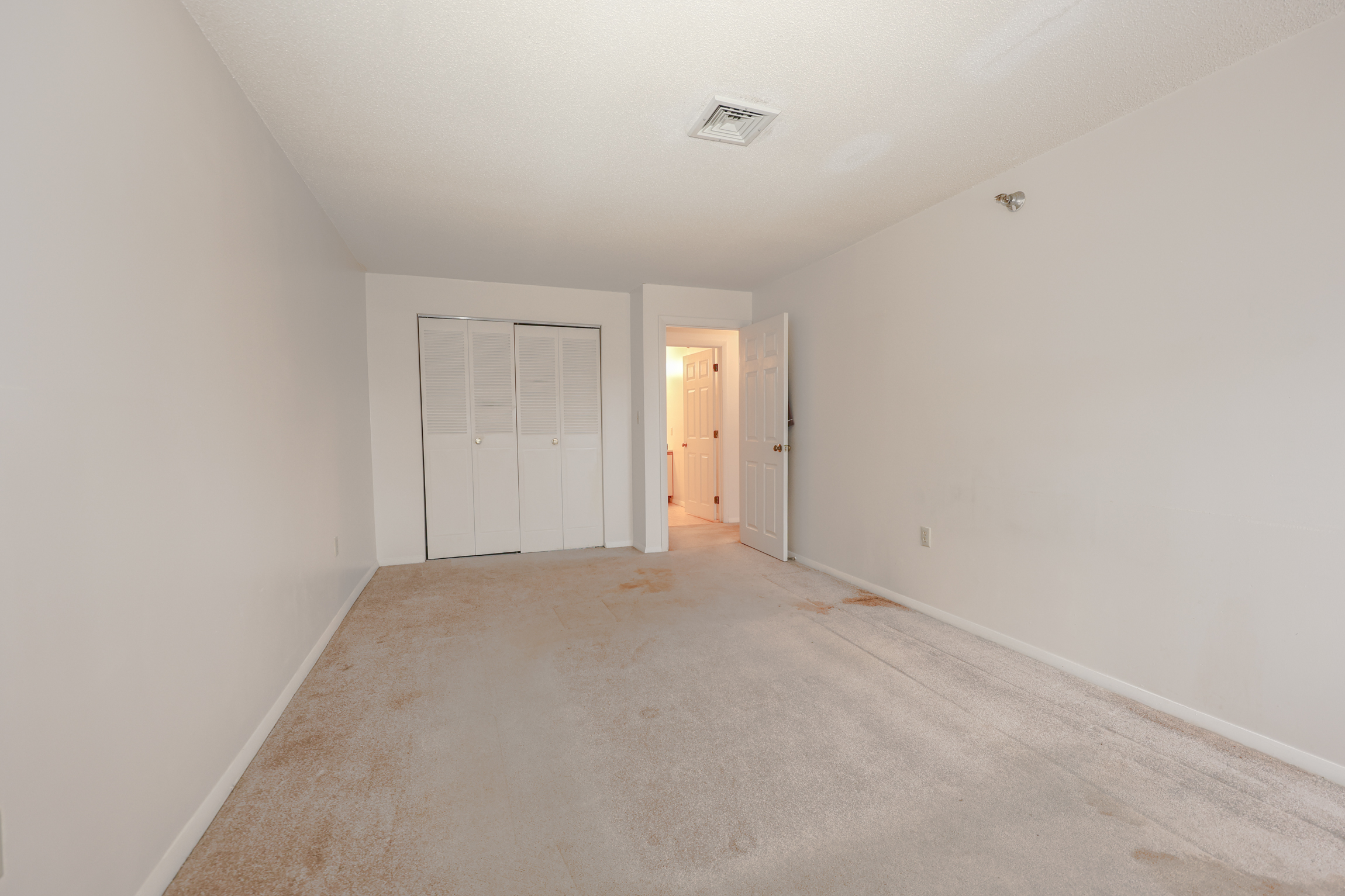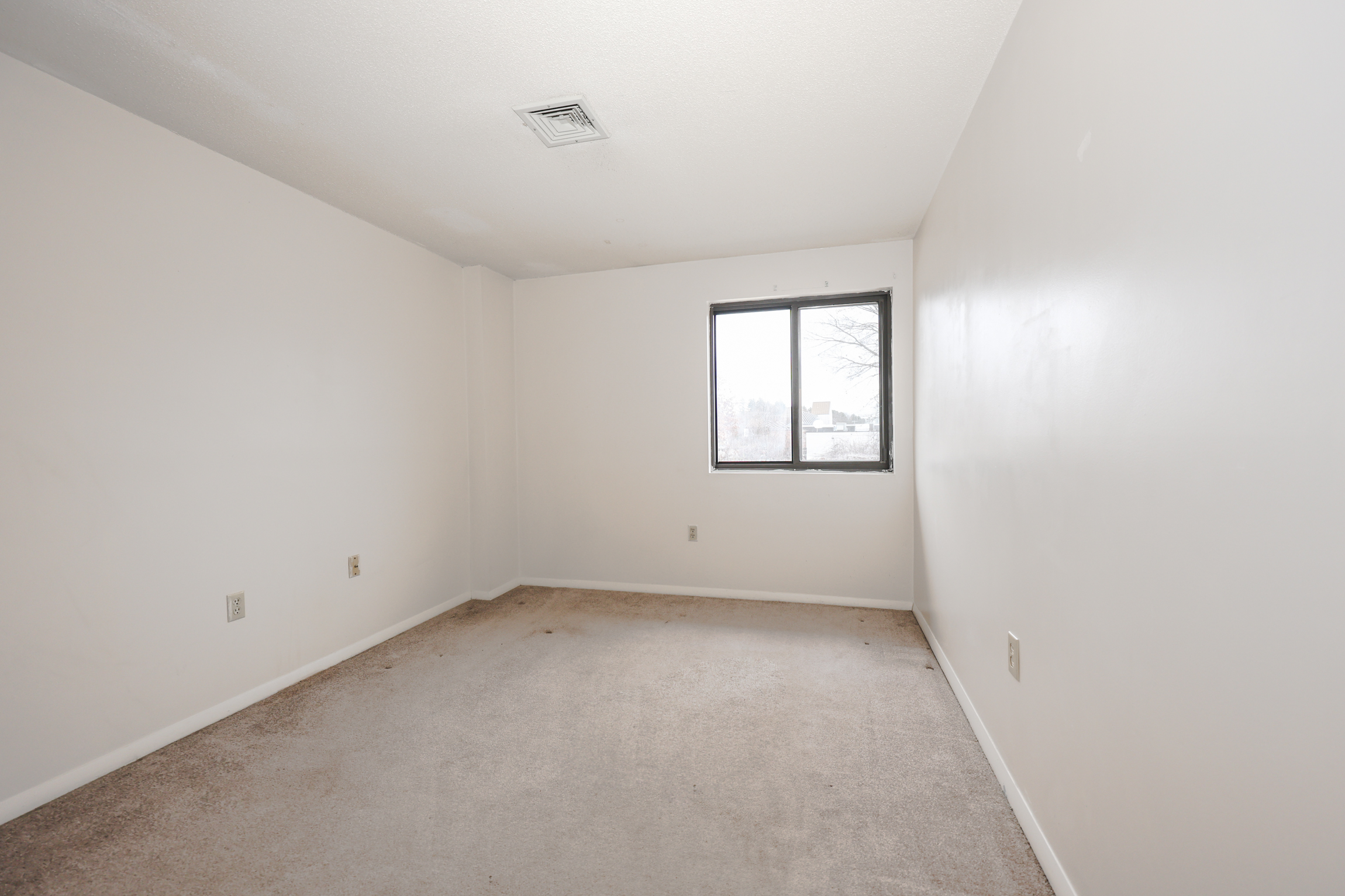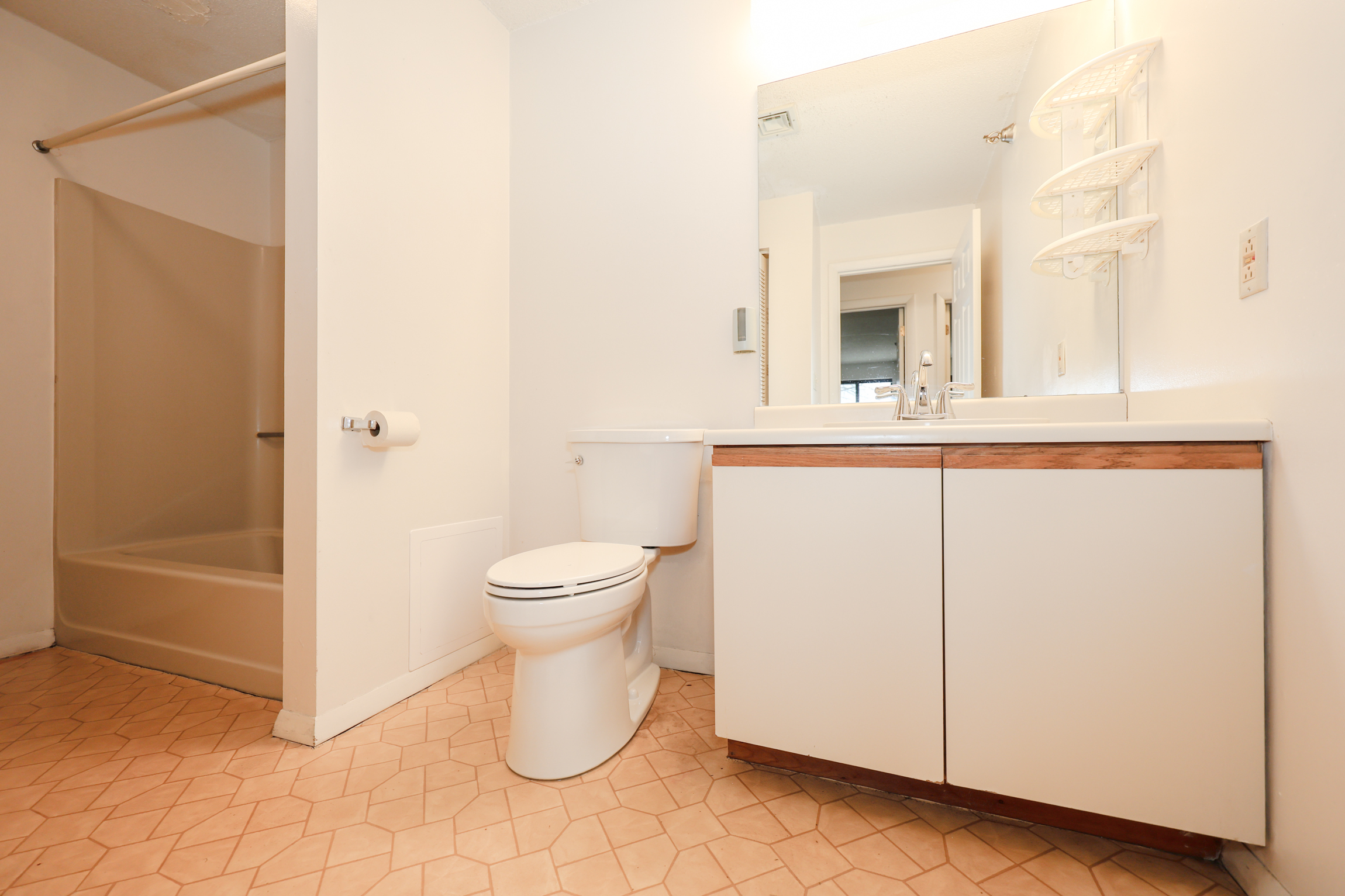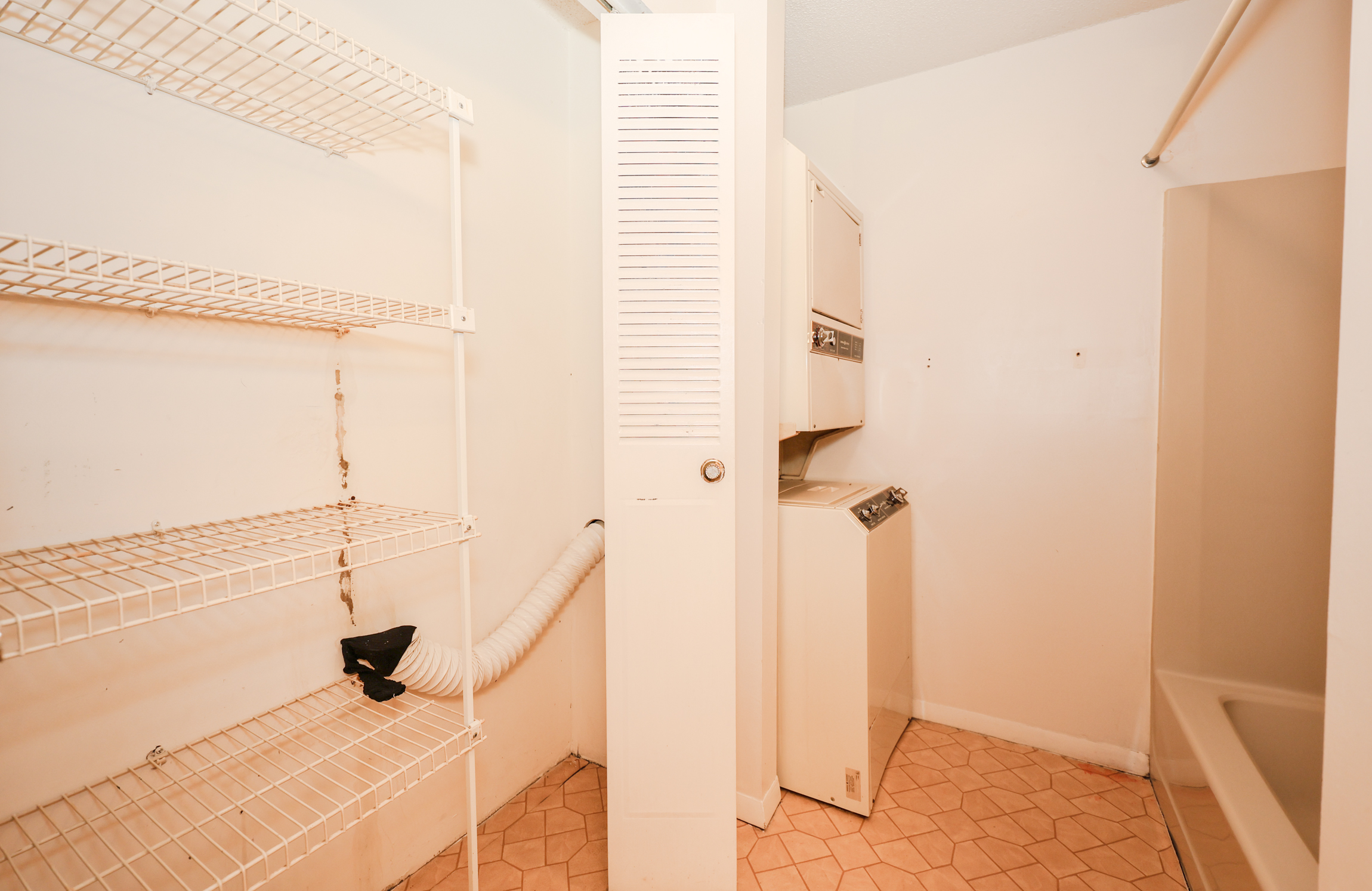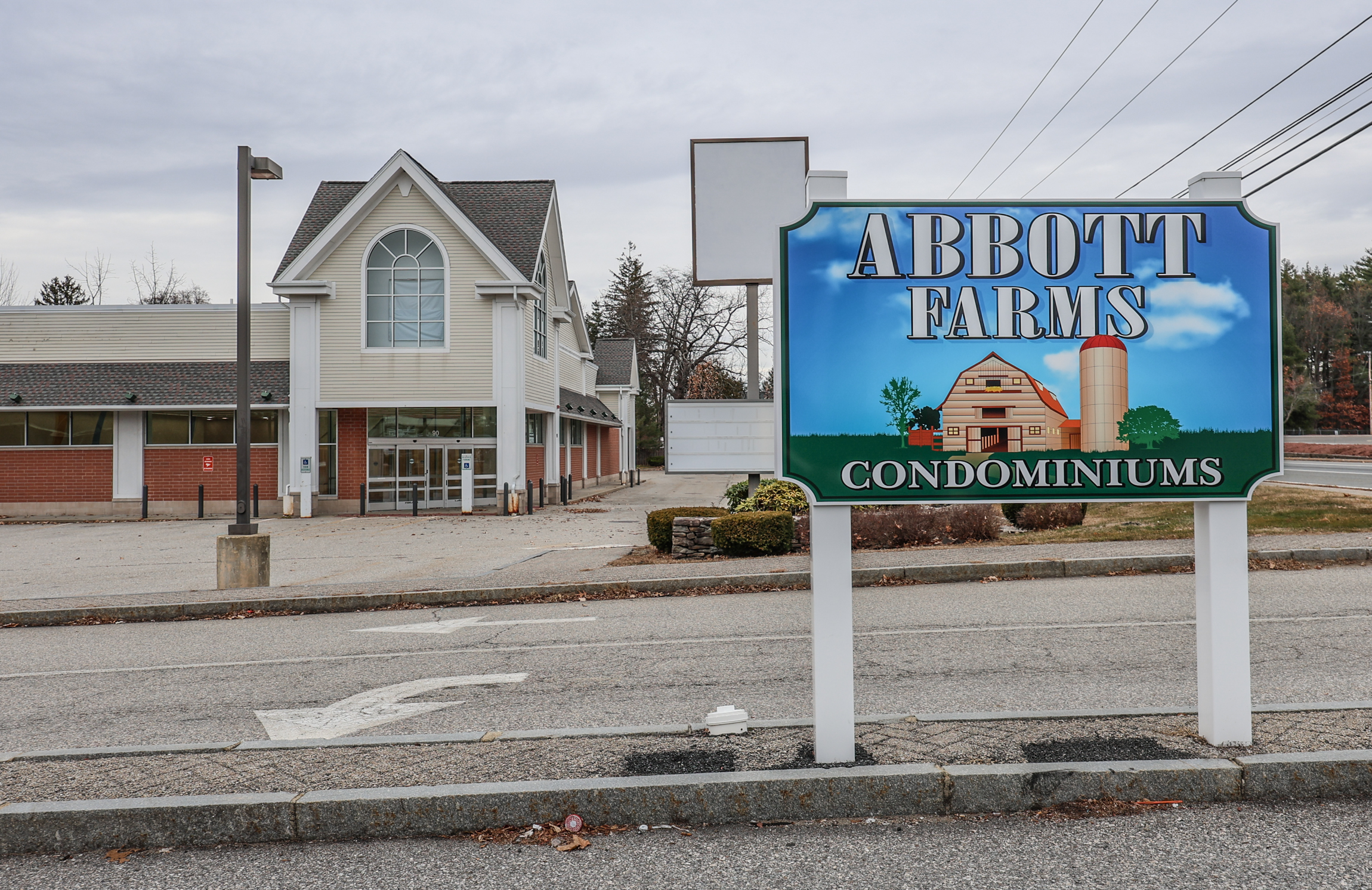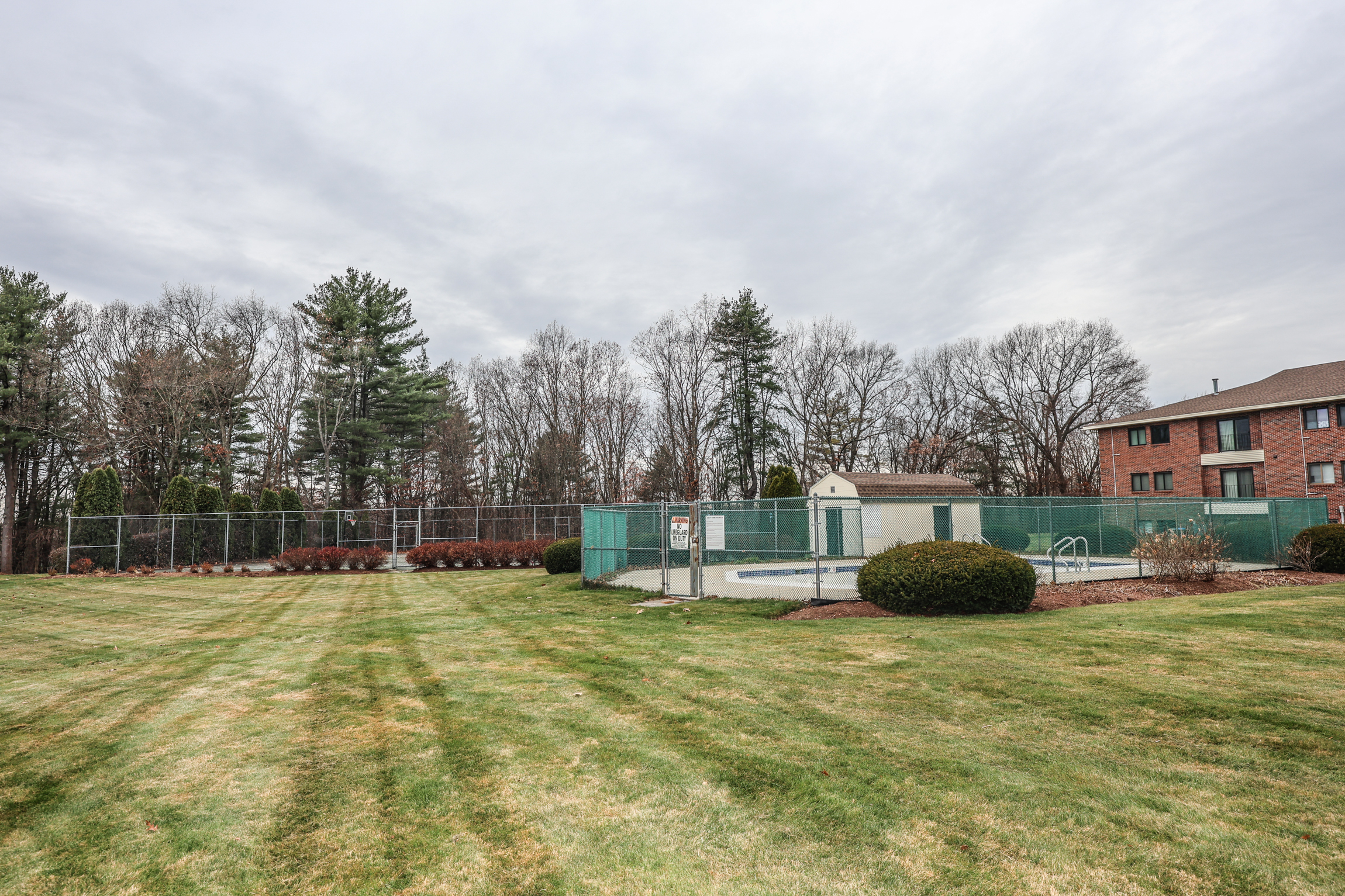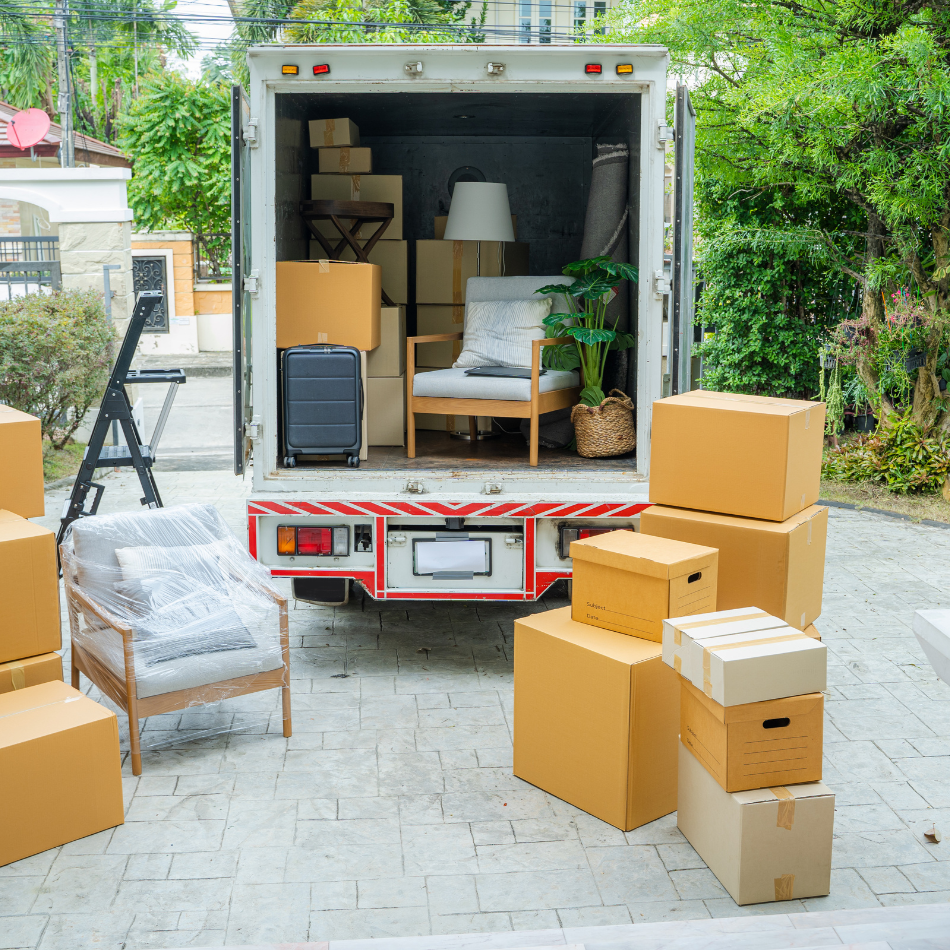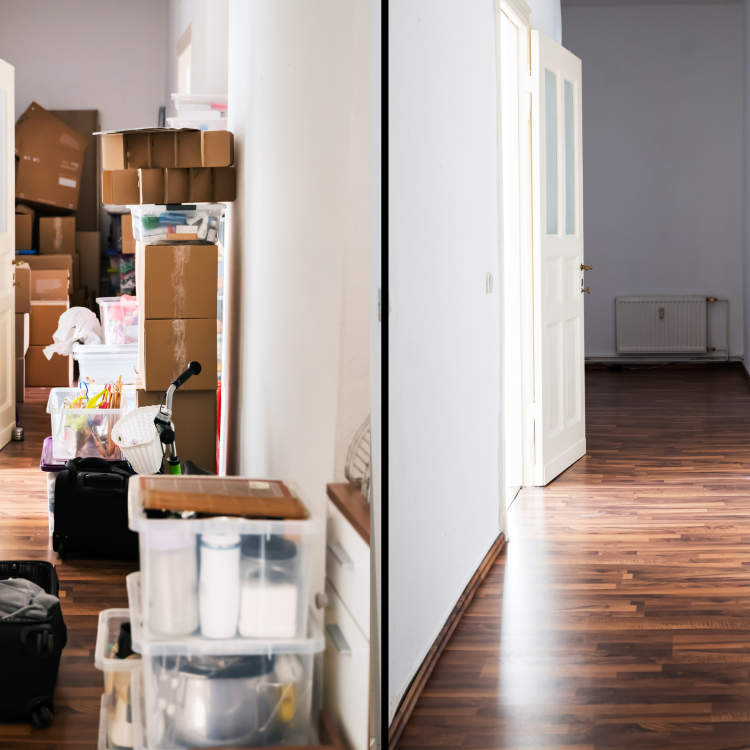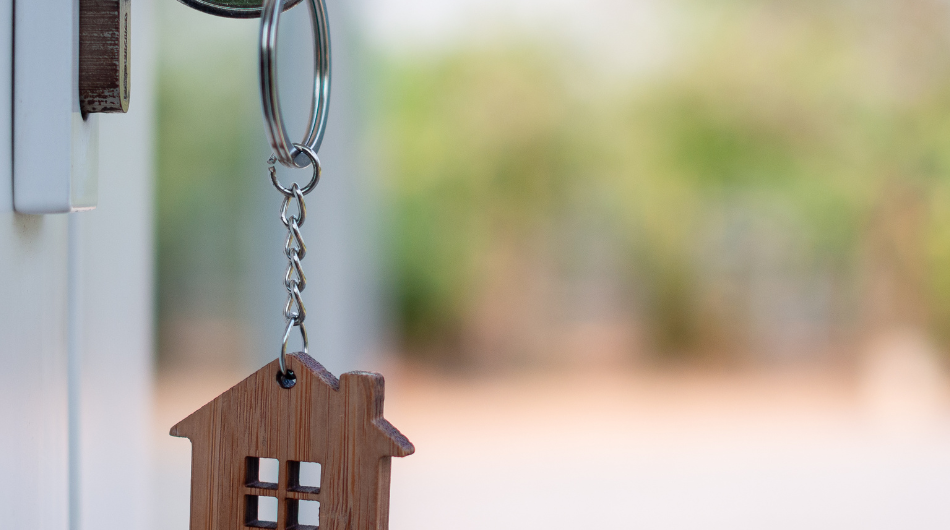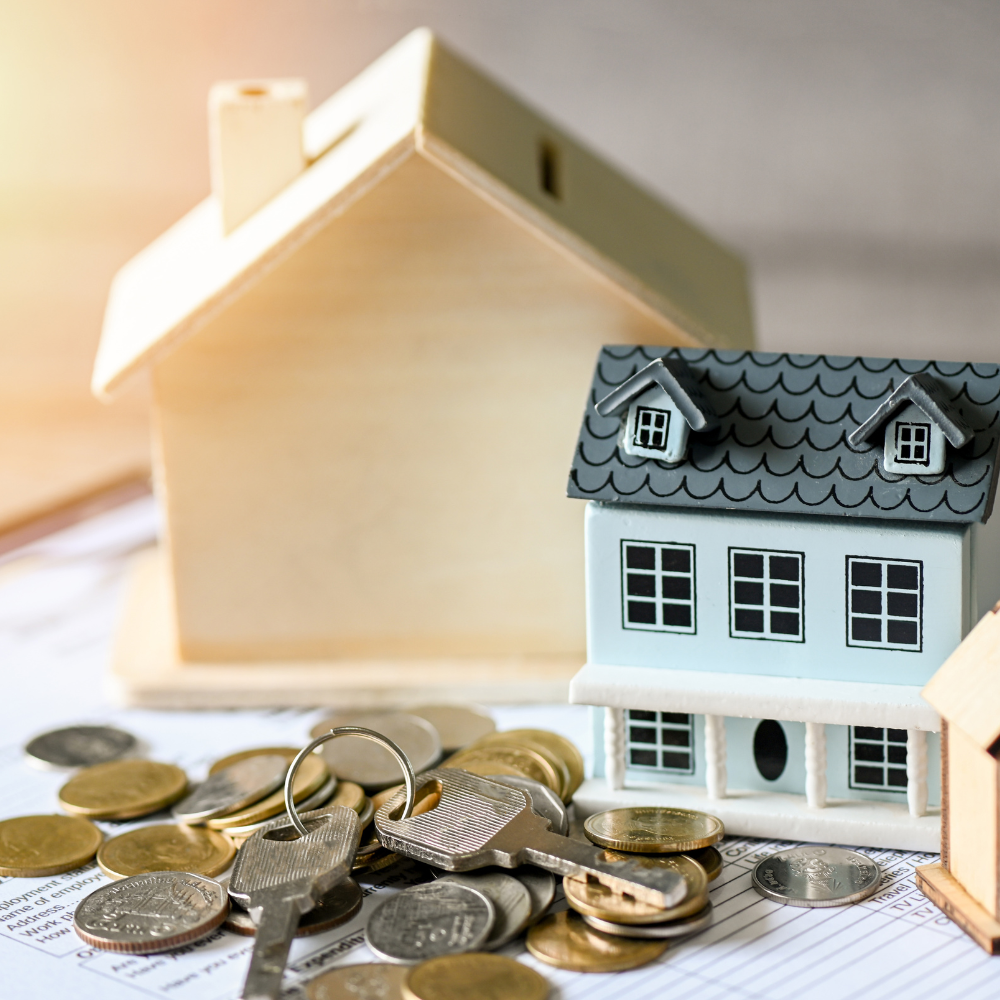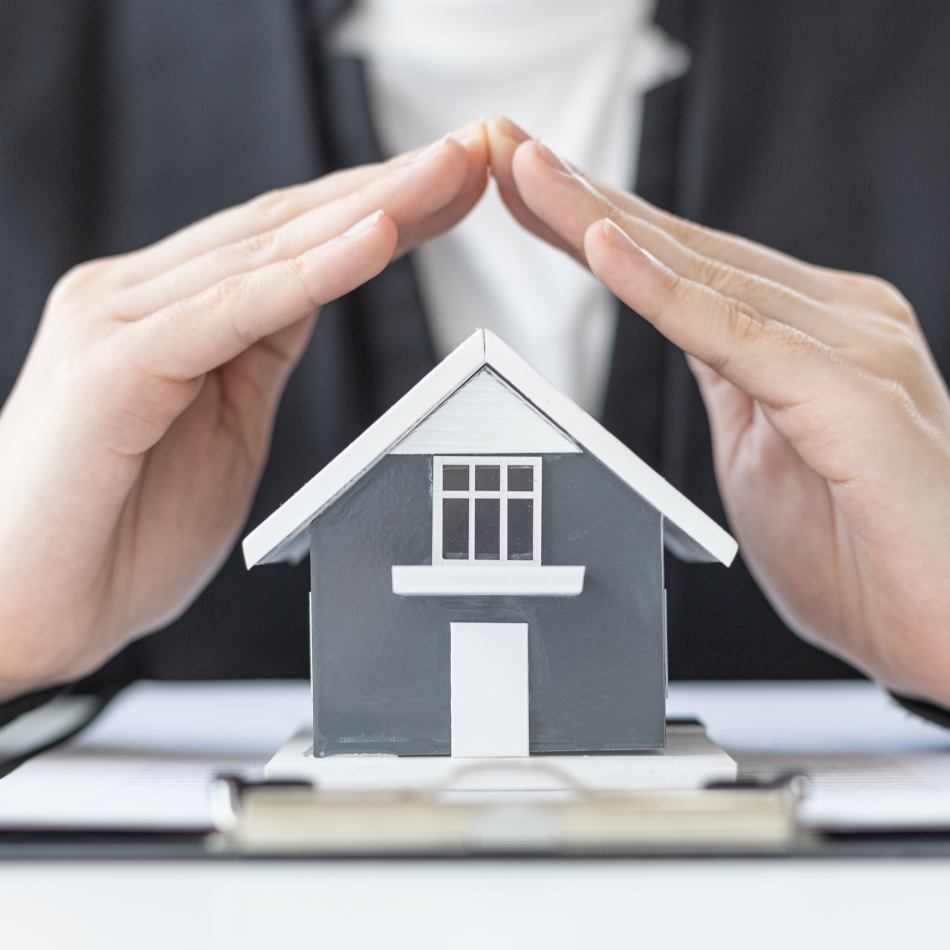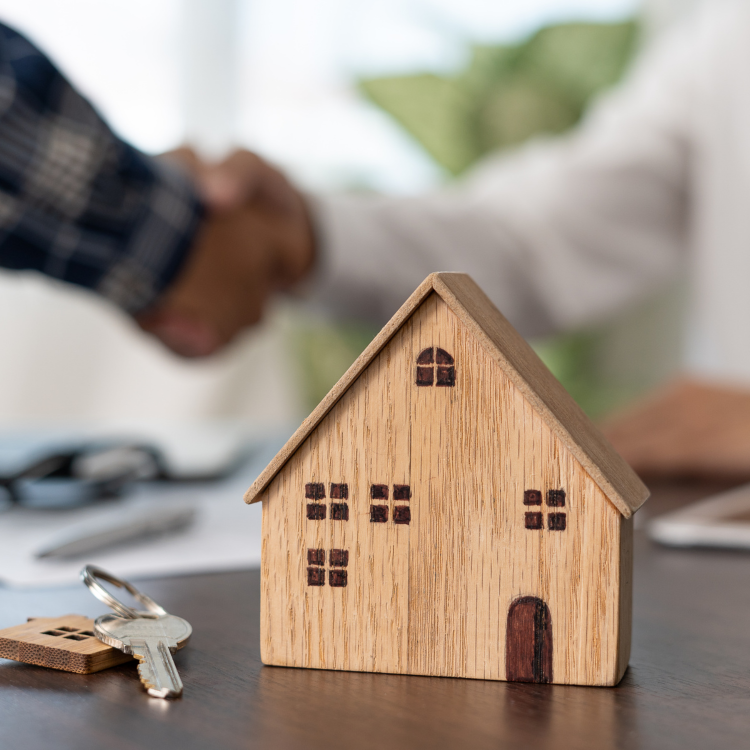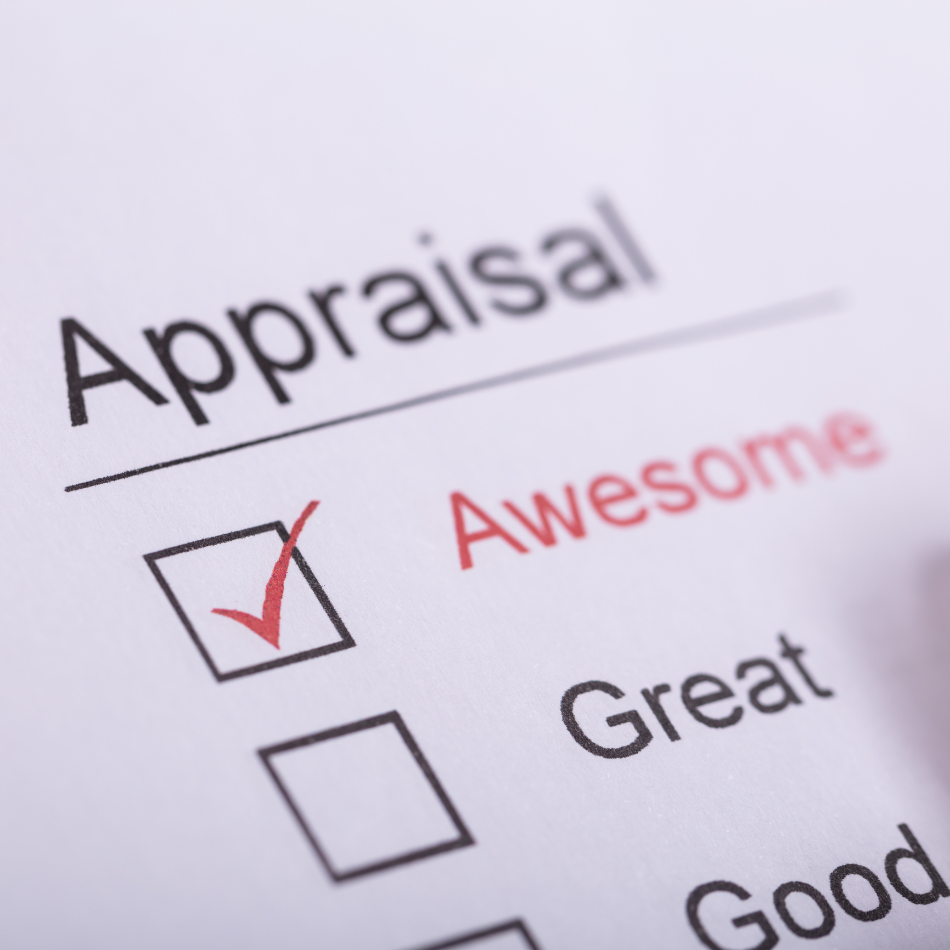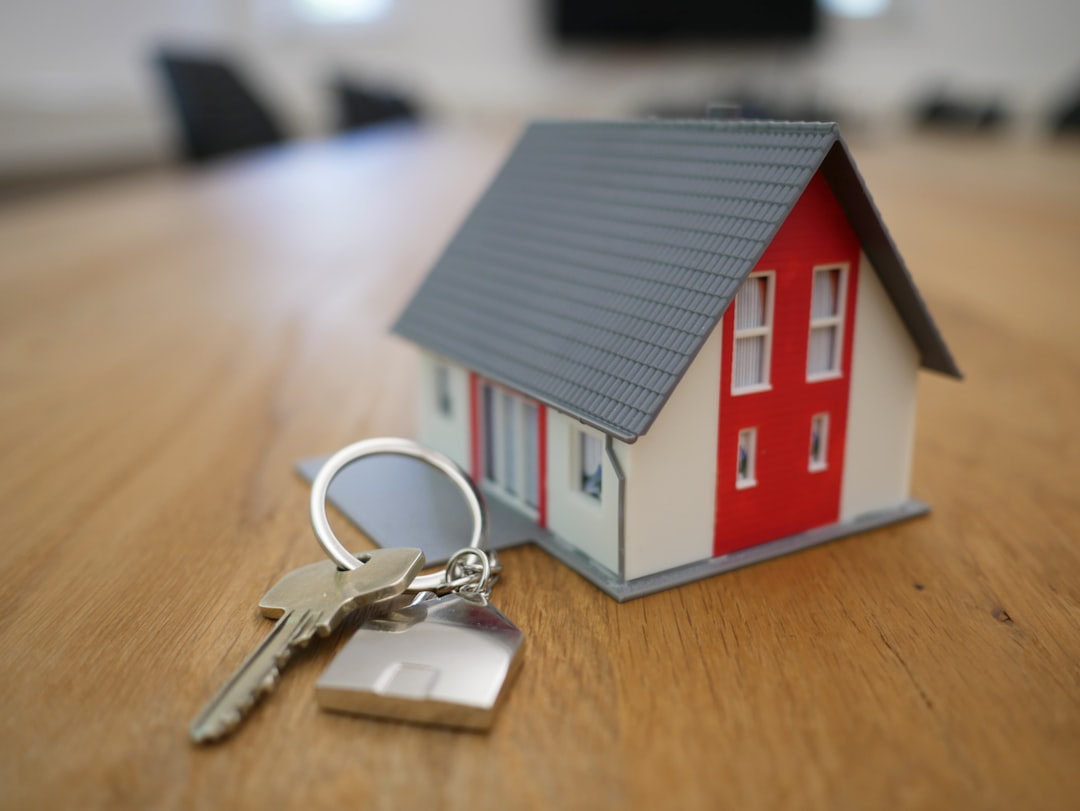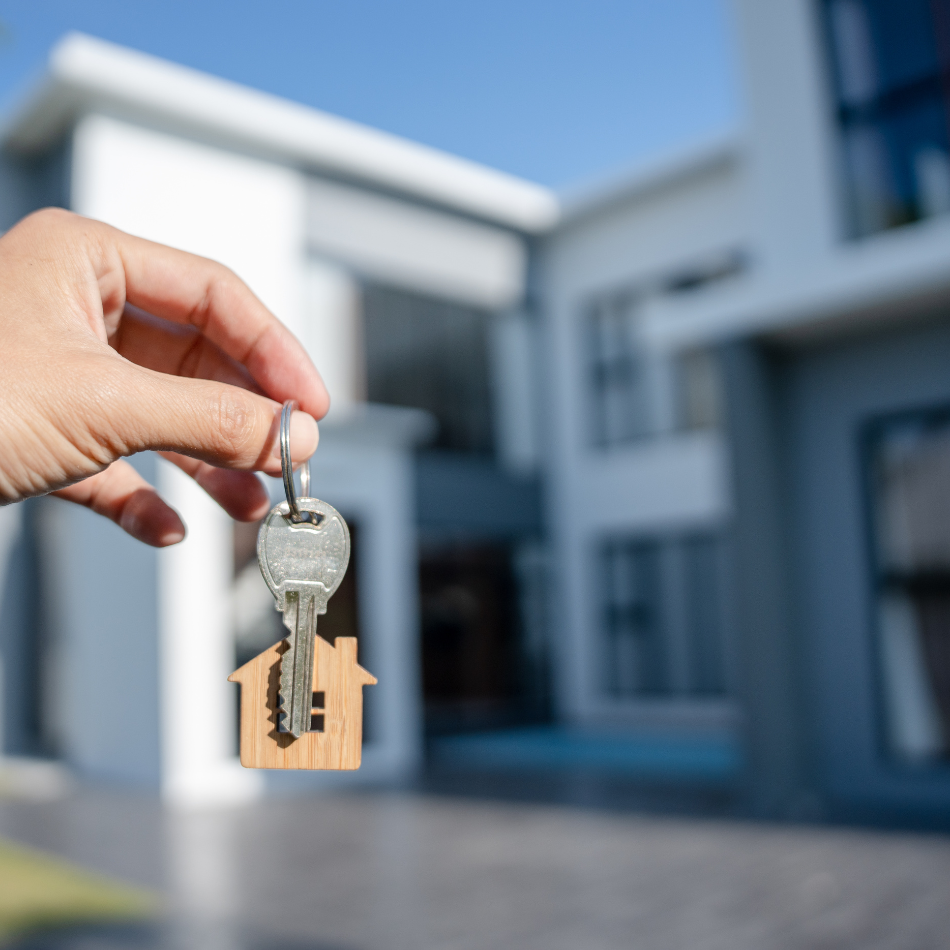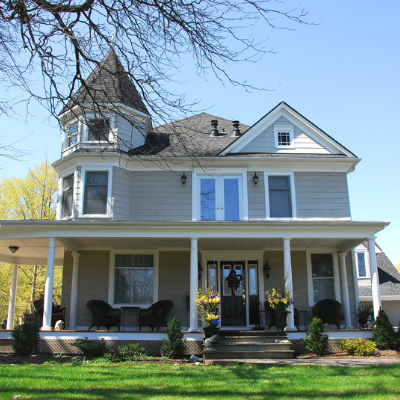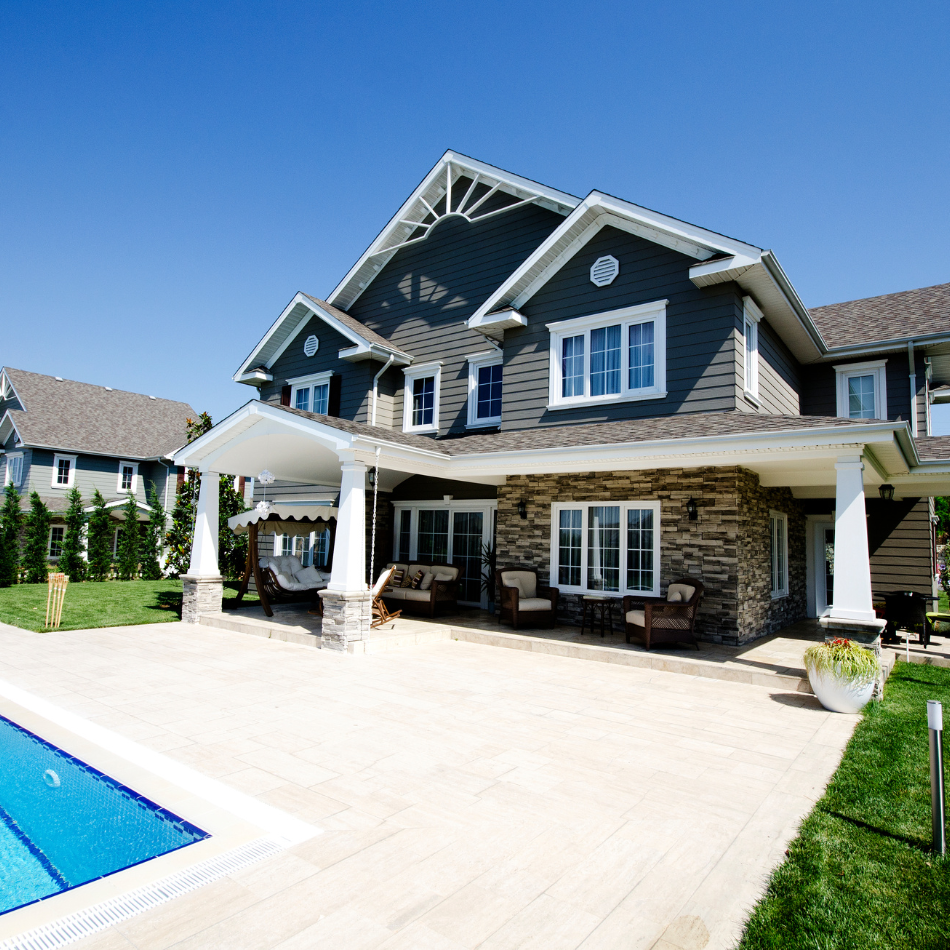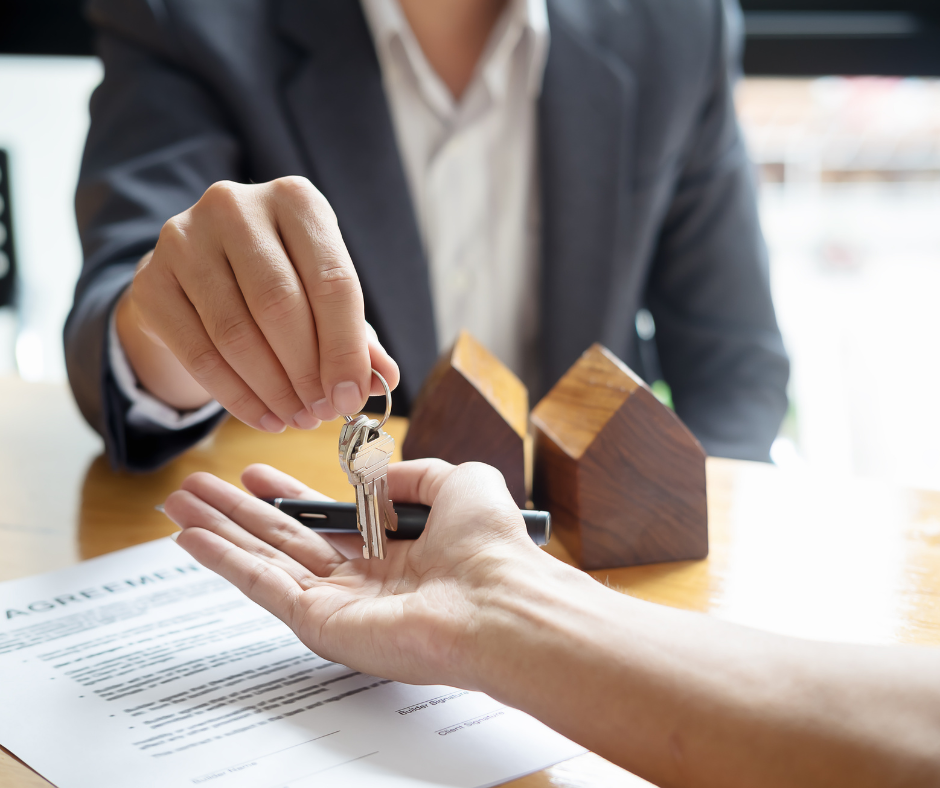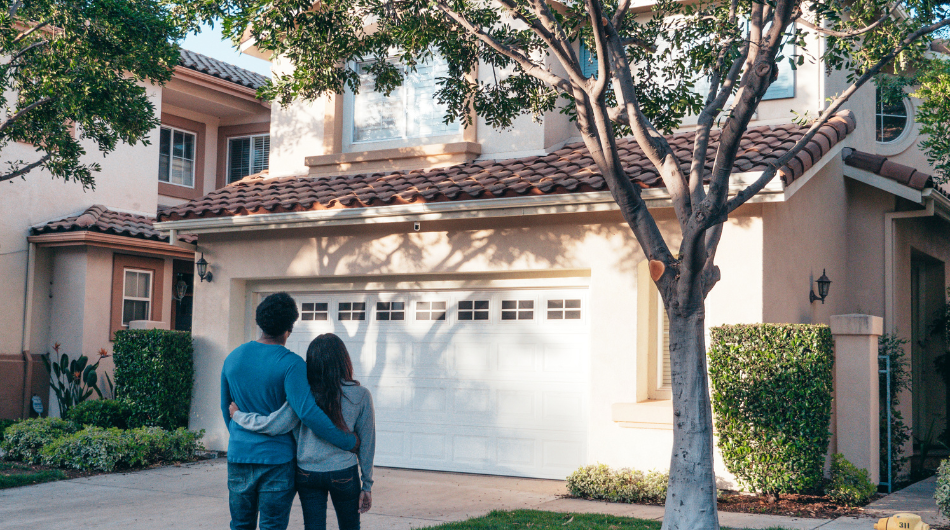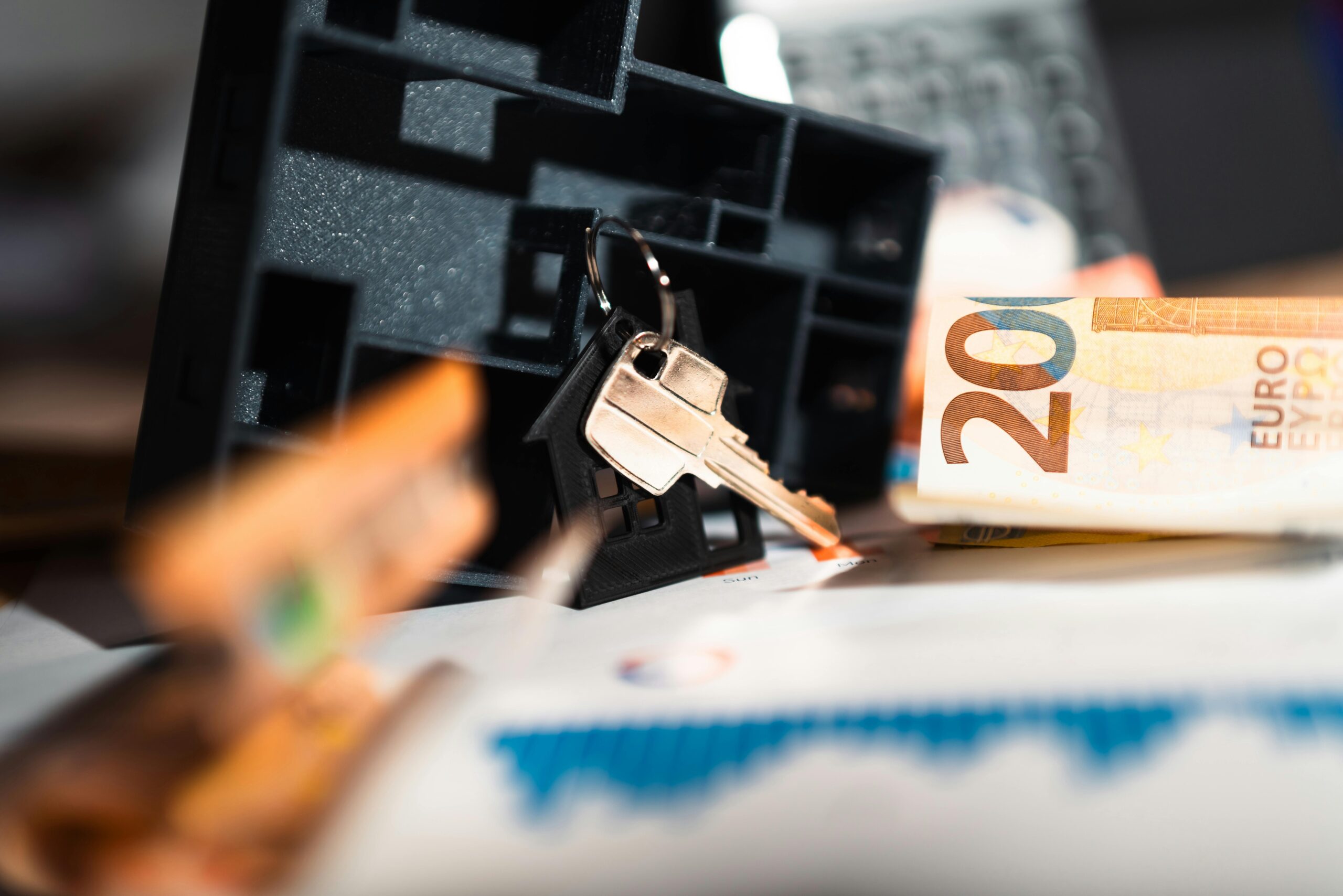Are you thinking about tackling home renovations yourself? It can be tempting to save money by doing it yourself. However, some jobs are better left to the pros. Handling complex work without proper experience can cost more in the long run. In this guide, we will explore DIY projects better left to the pros to keep your home safe and maintain its value. This advice is especially useful if you are selling your home in New Hampshire, whether you are checking out Londonderry houses for sale or Southern NH houses for sale.
1. Electrical Work
Electrical projects are one of the most dangerous DIY tasks. Even small mistakes can lead to fire hazards or serious injuries. Licensed electricians have the knowledge to handle wiring safely. They know local codes, which is essential if you plan to sell your home. Attempting electrical work on your own can also void your homeowner insurance in some cases. Instead of risking your safety and your home’s value, hire a professional.
Tip: Simple upgrades like changing light bulbs or swapping out fixtures are safe for homeowners. But rewiring, installing outlets, or working on the breaker box should always be left to a licensed electrician.
2. Plumbing Renovations
Plumbing may seem straightforward, but it can quickly become overwhelming. Mistakes in plumbing can lead to water damage, mold, and expensive repairs. Leaking pipes or improperly installed water heaters can ruin your home’s structure. Licensed plumbers have the tools and experience to fix complex plumbing issues correctly.
Tip: Homeowners can handle minor tasks such as replacing a faucet washer or unclogging drains. Anything beyond that, including pipe replacement or bathroom remodels, should be left to the pros.
3. Roof Repairs and Replacement
Your roof protects your entire home from weather damage. Working on a roof is extremely risky and requires proper safety measures. Even small errors in installation can lead to leaks and costly repairs. Professional roofing contractors know how to select materials, apply them correctly, and meet local building codes.
Tip: Simple gutter cleaning or minor shingle replacements may be safe with caution. Full roof repairs or replacements require expert knowledge to avoid disasters.
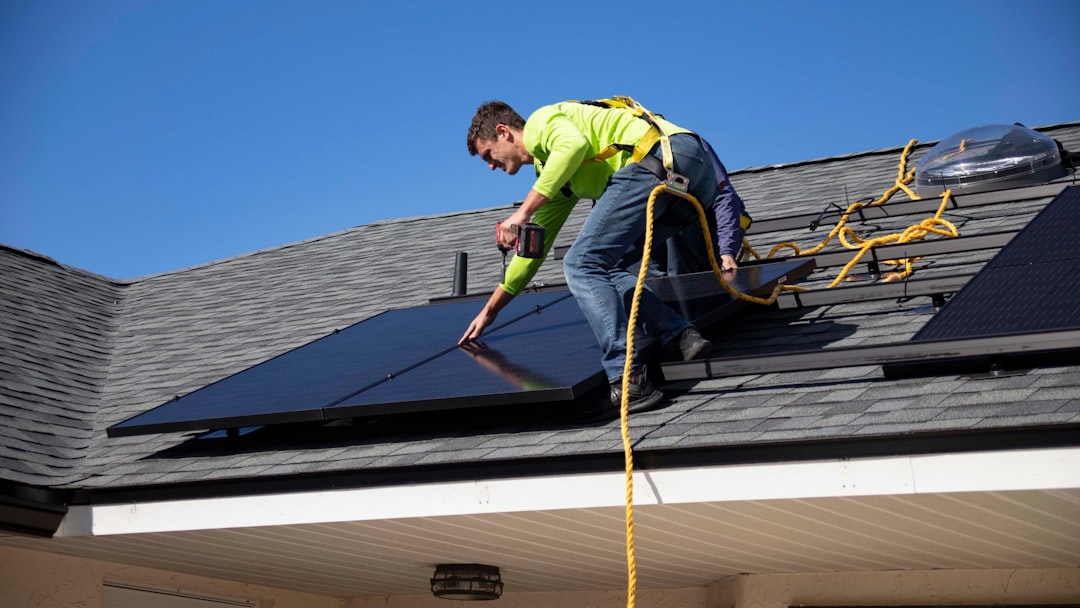
4. HVAC System Work
Heating and cooling systems are complex and vital for home comfort. Incorrect installation or repair can reduce system efficiency or cause dangerous gas leaks. HVAC technicians are trained to handle furnaces, air conditioners, and ductwork safely. This ensures your system runs efficiently and protects your home’s air quality.
Tip: Homeowners can replace filters or clean vents, but do not attempt furnace or AC repairs. These systems are too complex and carry safety risks.
5. Structural Changes
Making structural changes, such as removing walls or expanding rooms, requires careful planning. Even seemingly minor changes can affect your home’s foundation and overall stability. Structural mistakes can be very costly and dangerous. Licensed contractors and engineers can ensure that renovations are safe and compliant with building codes.
Tip: Cosmetic updates like painting, decorating, or minor flooring changes are safe for DIY. But never remove load-bearing walls or alter your home’s frame without professional guidance.
6. Major Flooring Installation
Installing floors can look simple, but mistakes can result in uneven surfaces, squeaks, or long-term damage. Professionals know how to prepare subfloors, choose the right materials, and install them efficiently. Proper installation increases durability and helps maintain your home’s value.
Tip: DIY-friendly flooring projects include laminate or vinyl click systems that are easier to manage. Hardwood or tile installation is best left to the pros to ensure longevity.
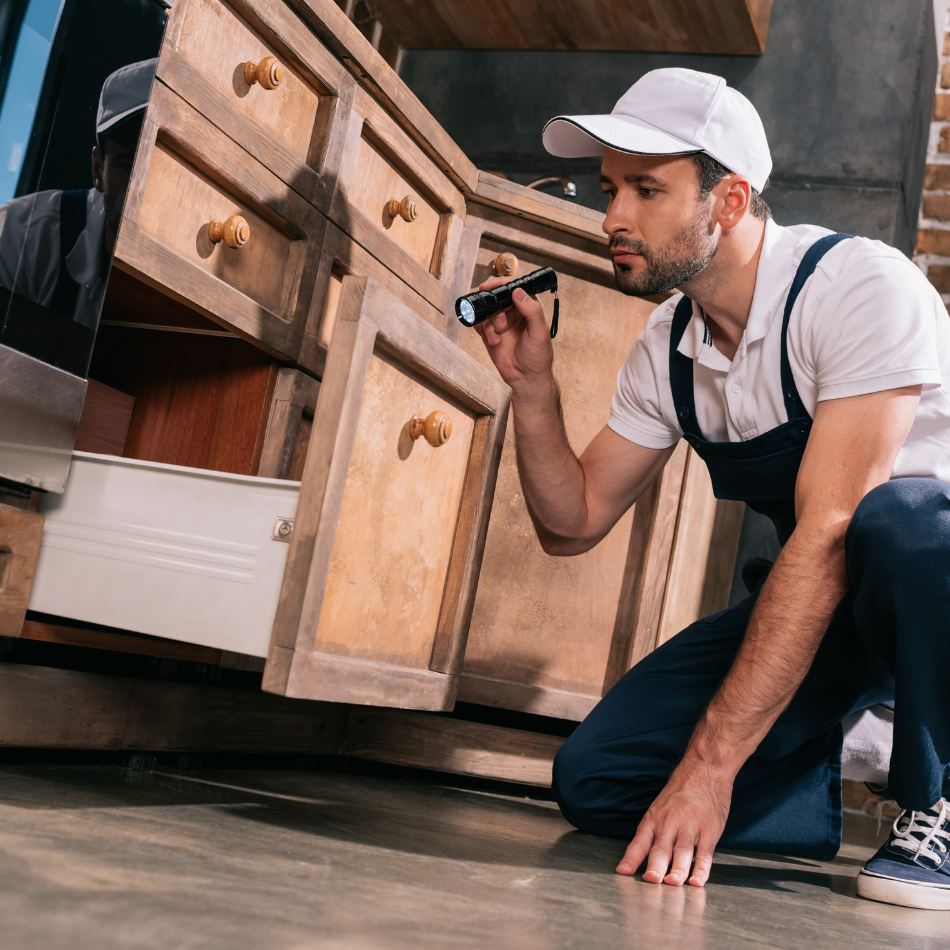
Why Leaving Certain DIY Projects to the Pros Matters
Attempting complex projects without experience can be risky, expensive, and stressful. Professionals bring safety, quality, and efficiency to renovations. Moreover, when selling your home, buyers notice quality workmanship. Poor DIY jobs can decrease home value and even deter potential buyers. If you are exploring Londonderry houses for sale or Southern NH houses for sale, keeping your home in top condition is crucial. Hiring the right contractors ensures your investment pays off.
Finding the Right Professional
Look for licensed and insured contractors with strong reviews and local experience. Ask for references and examples of previous work. Clear communication and written contracts protect both you and the contractor. It is worth spending time finding the right professional to save headaches later.

6 DIY Projects Better Left To The Pros
While DIY projects can be rewarding, some tasks are simply better left to the pros. Electrical work, plumbing renovations, roof repairs, HVAC maintenance, structural changes, and major flooring installation require expert skills. By leaving these projects to licensed professionals, you protect your home, your family, and your wallet.
Whether you are preparing to sell your home or simply want to maintain its value, professional help can make all the difference. Explore Londonderry houses for sale or Southern NH houses for sale with confidence, knowing your home is in excellent condition.
Are you ready to make smart, safe home upgrades? Contact local licensed contractors for guidance. Protect your home, improve its value, and make your living space comfortable and beautiful.
If you need more tips on DIY projects better left to the pros, or are ready to sell your house give us a call at (603) 883-8840. You can also sign up for your dream home search or reach out to Our Agents for more information. We’d love to help you with your real estate needs.
